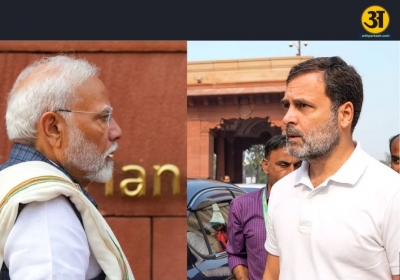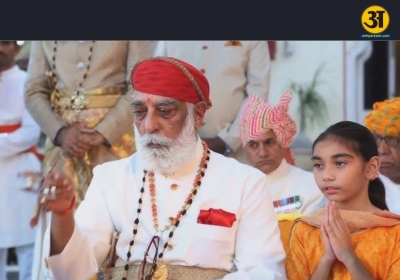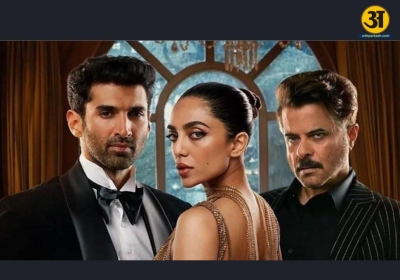
General Flags issues with Women in Command roles
Top general highlights ‘Problems’ with Women Officers in Command roles, sends letter
A senior army officer, Lieutenant General Rajeev Puri, has raised concerns about women officers serving in command roles in the army. In a five-page letter addressed to Eastern Army Commander Lieutenant General Ram Chander Tiwari, he outlined several issues he believes are affecting army units led by women officers. These include officer management challenges, strained interpersonal relations, a lack of empathy, and what he called an overcompensation to prove competence in a male-dominated environment.
The letter was based on an internal review conducted by the 17 Mountain Strike Corps in the sensitive eastern sector, where eight women officers currently hold command positions. This review followed the army’s groundbreaking steps in 2023, allowing women officers to lead units in operational roles outside the medical stream. The move came after a Supreme Court directive to provide equal opportunities for women in the armed forces.
Issues highlighted in the Letter
The letter described a range of behavioral challenges allegedly exhibited by women commanding officers (COs). These include being overly authoritative, failing to show empathy, and frequently escalating complaints to higher authorities. It also mentioned instances where women officers centralized decision-making and adopted a “my way or the highway” approach.
ALSO READ: Lok Sabha members to use digital pens on electronic tabs for Winter Session attendance
ALSO READ: Supreme Court to deliver verdict on validity of 'Socialist' and 'Secular' in Preamble
Lieutenant General Puri also cited specific incidents, such as a Subedar Major being ordered to open a CO’s car door or someone being summoned to open a gate early in the morning. He suggested that such actions might stem from a desire to overcompensate for perceived gender bias or to assert authority.
Puri’s letter emphasized the need for policy changes, advocating for a focus on “gender neutrality” rather than “gender equality.” He suggested that neutrality in postings, assignments, and responsibilities should be ensured to avoid imbalances. The letter also called for clear guidelines from the Adjutant General’s branch on handling gender-related challenges in command roles.
Reactions and broader context
Women officers expressed disappointment over the letter, calling it discouraging and reflective of lingering biases. They argued that even if specific issues existed, they could have been addressed more constructively.
The letter comes at a time when the army has made significant progress toward gender inclusion. Women now hold critical roles in operational areas, fly fighter jets, serve aboard warships, and undergo training at the National Defence Academy. However, combat roles in infantry and armored units remain restricted.
While highlighting challenges, the letter also underscores the complexities of integrating women into leadership positions in a traditionally male-dominated organization. It has reignited debates about gender biases and the army’s efforts to achieve true equality.





